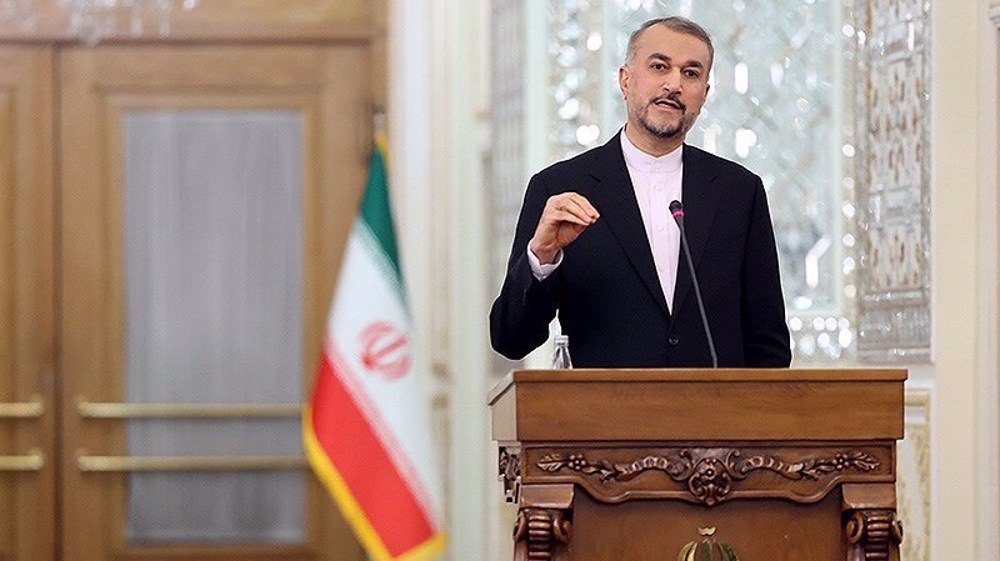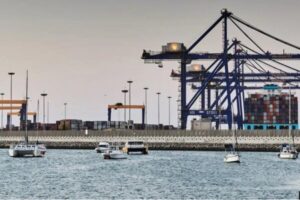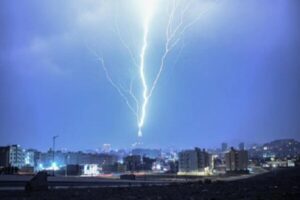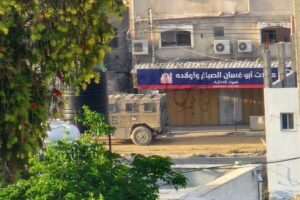Iranian Foreign Minister Hossein Amir-Abdollahian says the European Union’s recent position toward the current situation in Gaza is commendable, urging the bloc to work for a permanent end to Israeli’s atrocities there.
Amir-Abdollahian sent a letter to the EU foreign policy chief Joseph Borrell on Sunday.
As Israel continues its crimes in Gaza, the EU should take “more effective” measures to permanently stop the regime’s attacks, completely lift the blockade and end the occupation, the top Iranian diplomat said.
The Iranian minister also welcomed the EU’s position regarding the necessity for establishing a permanent ceasefire, ending the massacre of civilians in Gaza, observing international humanitarian law and sending the urgently needed aid to the homeless.
Amir-Abdollahian praised Borrell’s announcement that Israeli settlement expansion is a flagrant violation of international humanitarian law and his condemnation of the regime’s acts of violence in the occupied West Bank.
In a five-page proposal on Thursday, Borrell said the EU should consider visa bans against extremists attacking civilians and use the EU human-rights sanction against the regime.
“Settler violence is escalating from an already high level and Israeli army actions [in the West Bank] are becoming more frequent.”
In a phone call with the Iranian foreign minister earlier this month, Borrell said tensions in Gaza and the West Bank must end as soon as possible.
The European Union’s foreign policy chief said the bloc believes diplomacy is the best solution to the issue of Palestine.
Israel launched the war on Gaza on October 7 after the territory’s Palestinian resistance movements waged the surprise Operation Al-Aqsa Storm against the occupying entity in response to the Israeli regime’s decades-long campaign of bloodletting and devastation against Palestinians.
The health ministry in the Hamas-run Gaza Strip on Sunday said the death toll from the Israeli war on Gaza had risen to at least 17,997, most of them women and children. There were an additional 49,229 wounded.
Tel Aviv has also cut off one of the most densely populated places in the world from basic supplies, such as water, electricity, and fuel. Shortage of medical supplies and food has left 2.3 million Palestinians at risk of starvation.




